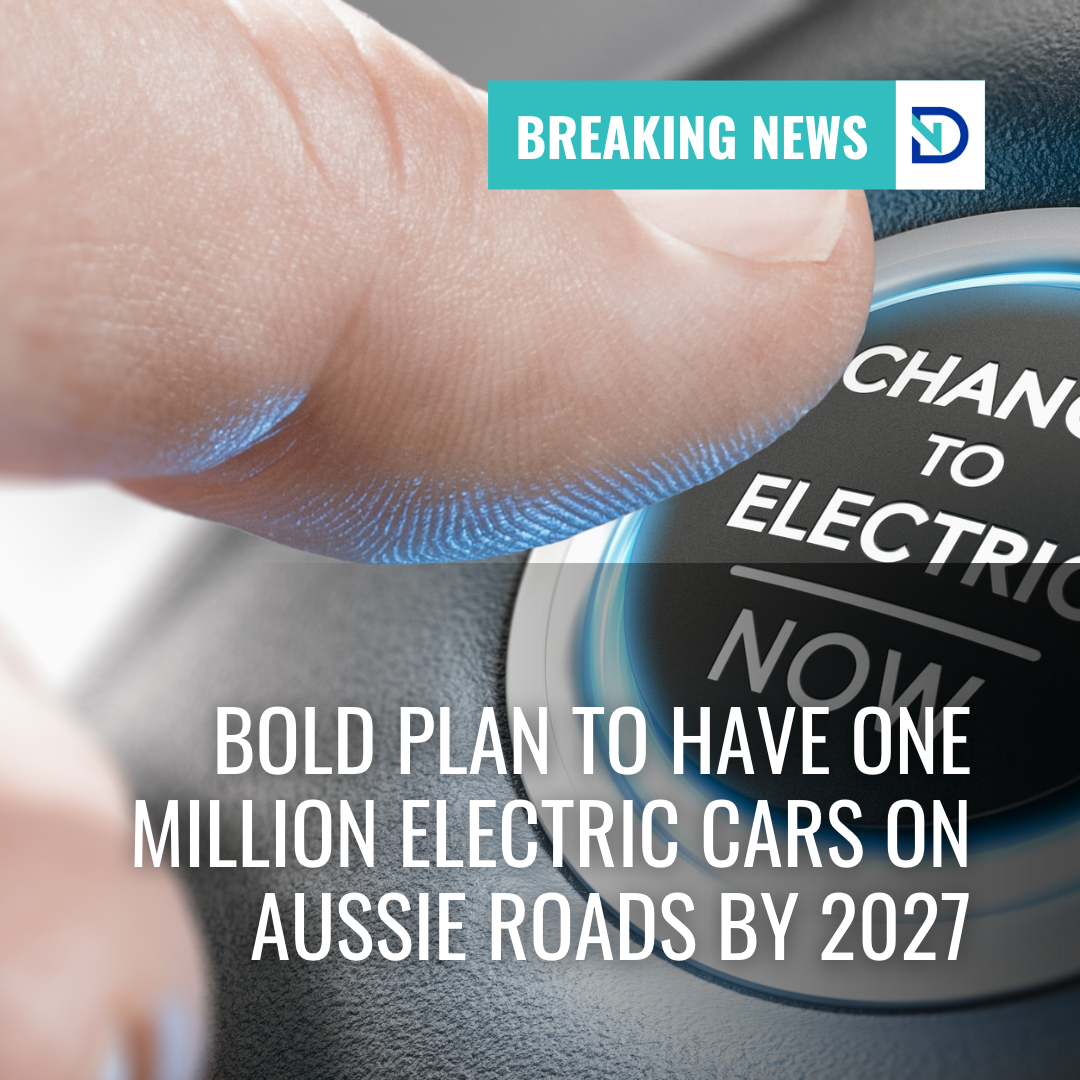The corporate giants have called on the government to introduce a “strong” fuel efficiency standard in line with Europe and the United States.
Australia is one of just a handful of developed countries without an enforceable CO2 emissions target, and EV advocates claim the lack of action has led to Australia becoming a dumping ground for thirsty, polluting vehicles. The target is an ambitious one. Australians have bought just 26,355 electric vehicles in the first nine months of this year, in a market of 811,130. Last year, roughly 20,000 plug-in vehicles were sold – about 2 per cent of the total vehicle market. To reach the one million mark in five years, EV sales would need to increase tenfold from next year. The alliance includes businesses and industry groups from a range of sectors including transport, retail, agriculture, health, technology and insurance. It has also called for the government to roll out a co-ordinated charging network “with a focus on the regions and suburbs” and look at ways to boost investment in local EV manufacturing. The group says more needs to be done to introduce electric buses, trucks and other commercial vehicles. The statement makes no mention of individual commitments to buy EVs by signatories. The chief executive of the Electric Vehicle Council, Behyad Jafari, said the government needed to deliver on its promise of a strong EV strategy. “After years of inaction from Canberra, Australian EV policy is now ready to accelerate and business wants to ensure we don’t miss the moment,” Mr Jafari said. He said the Federal Government was “off to a strong start” with its EV strategy but needed to introduce “robust measures” to ensure Australia didn't fall behind the rest of the world in reducing emissions from vehicles. “We know Australians want the transition to electric vehicles to speed up. Our most recent data shows a 65 per cent leap in EV sales over the past year. But that still leaves Australia with a lot of opportunities to fill, by catching up to the rest of the world,” he said. “The absence of a fuel efficiency standard is largely to blame as manufacturer’s overlook our nation in favour of others who have more ambitious plans. We can fix that swiftly and these hundred organisations from across Australian industry and society are making it clear they want that to happen.” Will power may not be enough to produce the huge spike in EV sales needed to meet the one million goal, though, as supply shortages around the globe have hampered the ability of car companies to meet demand for EVs. Major manufacturers Hyundai and Kia have only managed to secure roughly 500 models of their respective Ioniq 5 and EV6 EVs this year, while the world’s two largest manufacturers, Volkswagen and Toyota, are yet to launch electric models in Australia. EV prices, already much higher than comparable petrol and diesel vehicles, have spiked in the past 12 months due to supply constraints, battery shortages and the rising cost of raw materials such as lithium.
0 Comments
Leave a Reply. |
NewsDRIVE NOW reports on various topics regarding the Archives
December 2022
Categories
All
|
DRIVE NOW Magazine is published by Trade Promotions Pty Ltd, Ashwood VIC Australia. © 2022 DRIVE NOW |


 RSS Feed
RSS Feed